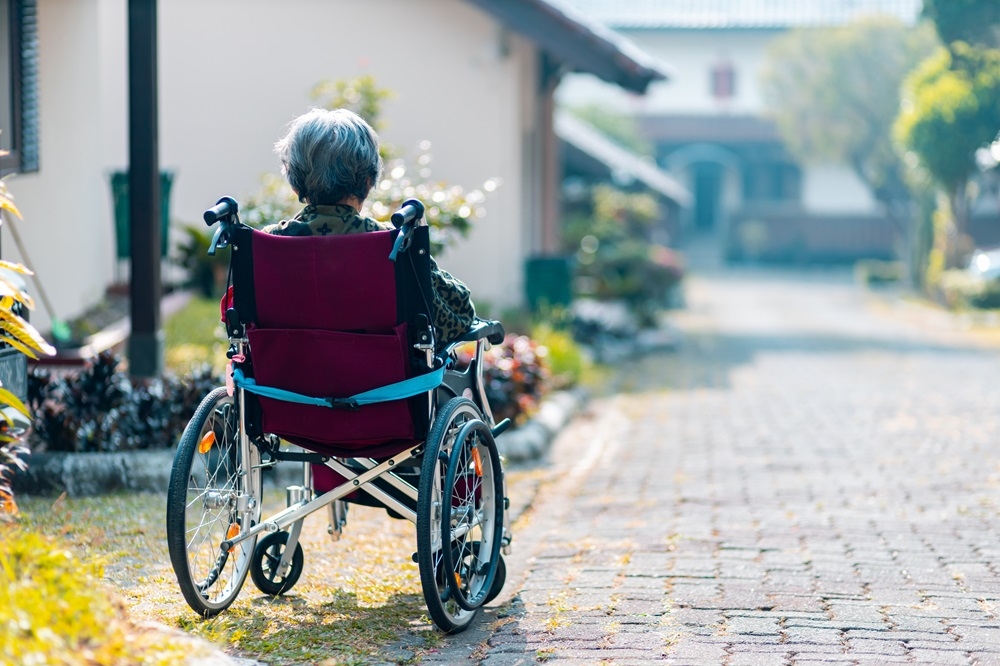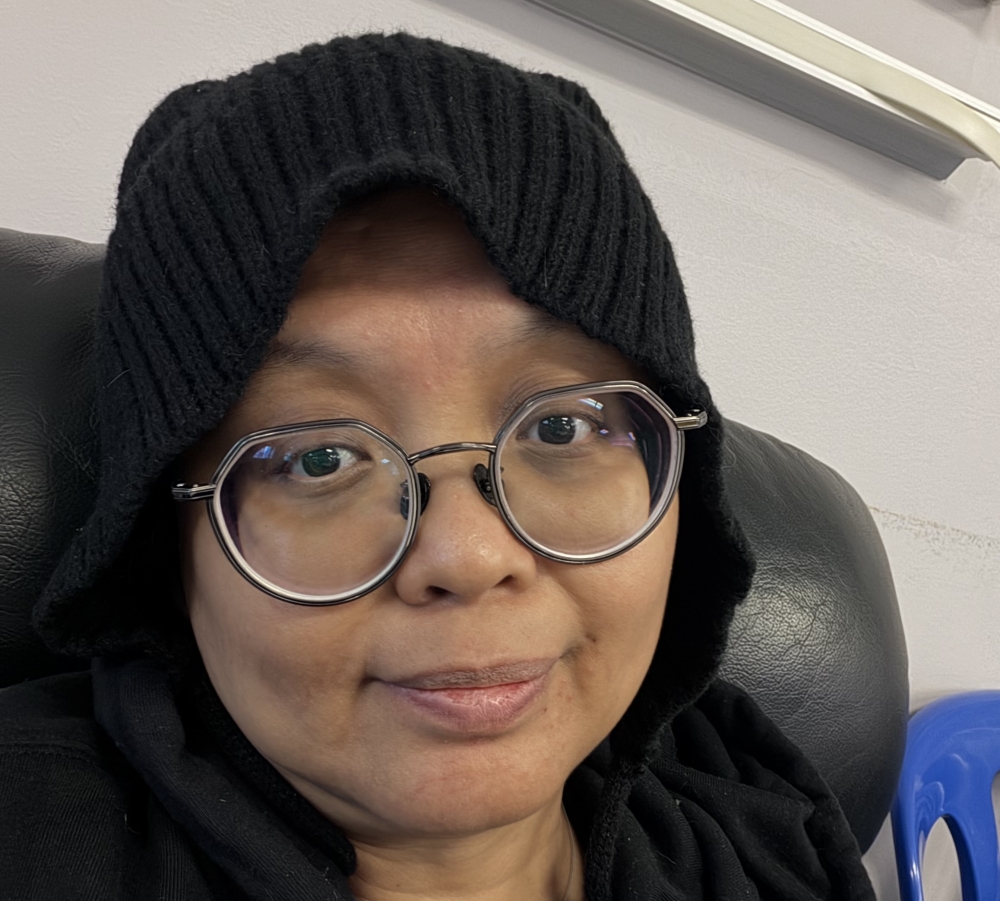OCTOBER 30 — This is an on-going list based on my observations of how a particular therapist is helping one of my loved ones along her journey of recovery from schizophrenia.
About 10 years ago, one of my family members was diagnosed with schizophrenia.
The diagnosis came shortly after a severe breakdown in which she quit her job, claimed to hear voices, exhibited severe paranoia and so on.
It would be a huge understatement to say that the years following the breakdown were traumatic for me and my family overall.
The uncertainties, the “strangeness”, the unexpected calls from neighbours, from police, etc. All of this essentially turned my life into a kind of living hell.
To this day schizophrenia remains one of the most mysterious diseases in the world as to its causes and, tragically, its “cures” (assuming it’s correct or realistic to speak of something like this).
Anyway, what follows are my notes as a caregiver for more than a decade. Do note that this isn’t professional medical advice at all (so please don’t treat it as such).
It is, however, painfully obtained first-hand experience which I hope can help in whatever way.

Here goes:
1. Get the patient to accept their diagnosis
This will be practically impossible at the start, but with some counselling and lots (and lots) of patience, the person may gradually recognise something problematic in his or her behaviour. At the very least this will lead to less resistance when it comes to medication or warding or treatment and so on.
2. Educate the patient on the disease and the medication
Naturally, this will have to be done by someone they trust completely; paradoxically it may not even be the caregiver (who, chances are, may have rubbed the patient the wrong way too many times). Encourage the patient to google or read up on the history, the symptoms, treatments, etc.
Also get the patient to jot down their own “medication history” if possible. Familiarise them with what the doctors are requesting him or her to take, the symptoms, the amount taken, the side-effects, etc.
Note that most schizophrenics will generally refuse to take medication (unless some major incident occurs); encouraging them to understand more about the pills they’re taking hopefully creates more acceptance
3. Get the patient to exercise
If they’re reluctant, take them out walking or dancing or moving around or anything non-sedentary. A therapist I worked with also suggested that exercise can help regulate the effects which anti-psychotic medicine has on the body.
There’s even a journal paper which claims progress when patients cut down on gluten (see note 1); whatever the case, nothing wrong with eating more healthily, I guess.
4. Guide the patient towards a vocation, a strong (God given perhaps?) purpose in life
This is probably important for even non-schizophrenic folks, but it’s super critical for the patient because it’s one of the best ways to overcome the paranoiac sense that the “whole world” is out to get him or her.
In the same vein, starting a new hobby can only bring benefits. My loved one took up sewing, carpentry, painting and even teaching art classes.
5. Encourage the patient to think in terms of helping or blessing others in a similar position
The last three points (and certainly this final one) should be of worth to anyone regardless of mental or physical condition. We need valuable goals and purpose in our lives; very few things bestow self-respect and dignity as much as playing a part in bringing self-respect, dignity and blessings to others.
By encouraging a schizophrenic to serve his or her community (in whatever way) it will, even if only minutely, help push back the sense of fear and siege the mind appears to be caged in.
In the end perhaps it isn’t laughter or movement which is the best medicine; perhaps that accolade belongs to love.
Note 1: Jackson, J., Eaton, W., Cascella, N., Fasano, A., Warfel, D., Feldman, S., Richardson, C., Vyas, G., Linthicum, J., Santora, D., Warren, KR, Carpenter, WT, Jr, & Kelly, DL (2012). A gluten-free diet in people with schizophrenia and anti-tissue transglutaminase or anti-gliadin antibodies. Schizophrenia research, 140(1-3), 262 — 263. https://doi.org/10.1016/j.schres.2012.06.011
This is the personal opinion of the columnist.





















